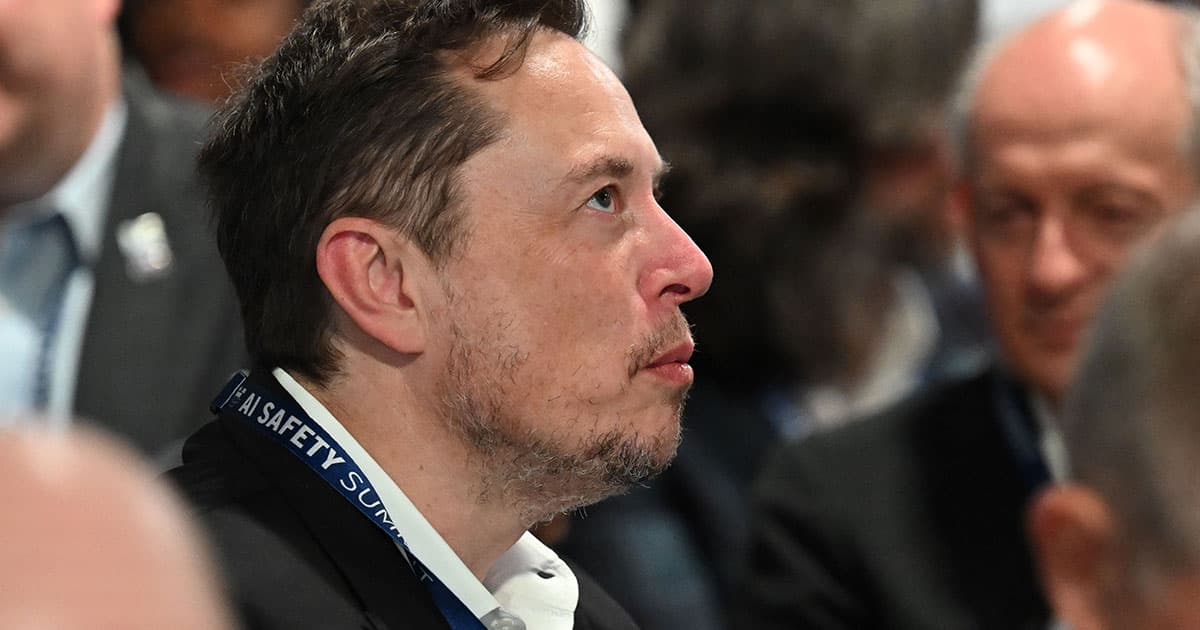The company is "deeply disappointed and perplexed."
Deeply Disappointed
The Federal Communications Commission just rejected SpaceX's appeal to reinstate an $886 million grant to bring high-speed broadband to rural areas using Starlink satellites — and the Elon Musk-led space company is absolutely furious.
In a statement this week, the FCC reaffirmed its "prior decision reject the long-form application of Starlink to receive public support through the Rural Digital Opportunity Fund (RDOF) program."
The grant was originally tentatively awarded to SpaceX in December 2020, just before the Trump administration's FCC chairman Ajit Pai departed. In August 2022, the Biden administration's chairman Jessica Rosenworcel rejected SpaceX's long-form application, which it also needed to receive the almost $1 billion handout, leading to SpaceX appealing the decision almost immediately, calling the decision "grossly unfair" at the time.
In response to its latest rejection, the space company's VP of legal Christopher Cardaci said that it's "deeply disappointed and perplexed by the Commission’s decision to exclude SpaceX’s Starlink satellite broadband service" from the program, arguing that the decision "directly undermines the very goal of RDOF: to connect unserved and underserved Americans."
Despair and Disparity
The US has historically struggled to connect rural areas to high-speed internet. According to the FCC, as of 2020, 22.3 percent of Americans in rural areas lack coverage from fixed, terrestrial broadband of at least 25 Mbps down. Meanwhile, only 1.5 percent of Americans in urban areas lack this kind of coverage.
SpaceX has attempted to address this disparity using a massive constellation of thousands of Starlink satellites in low-Earth orbit. But coverage and capacity limits have hampered its efforts so far. In its August 2022 rejection, the FCC claimed that Starlink had "recognized capacity constraints" and was unable to provide low-latency service with speeds of at least 100Mbps down, and 20Mbps up.
Musk also admitted back in 2021 that bringing "several million" users online will be "a challenge."
On the other hand, local internet service providers have done very little to bring broadband to the millions of rural Americans who still don't have sufficient access to the web.
It's a complex and extremely politicized issue, with the FCC's decision perfectly falling along partisan lines. Republican commissioner Brendan Carr, for instance, criticized the regulator of "taking action against Elon Musk's businesses."
"I am not the first to notice a pattern here," he added, likely referring to an ongoing conspiracy theory that the US government has it out for the mercurial CEO.
But without sufficiently incentivizing local internet providers back on the ground — companies that have repeatedly failed to tackle the issue — the situation isn't likely to change in the short term, with or without a satellite constellation in the sky.
More on Starlink: Elon Musk’s Promise to Bring Starlink to Gaza May Be Dead on Arrival
Share This Article
